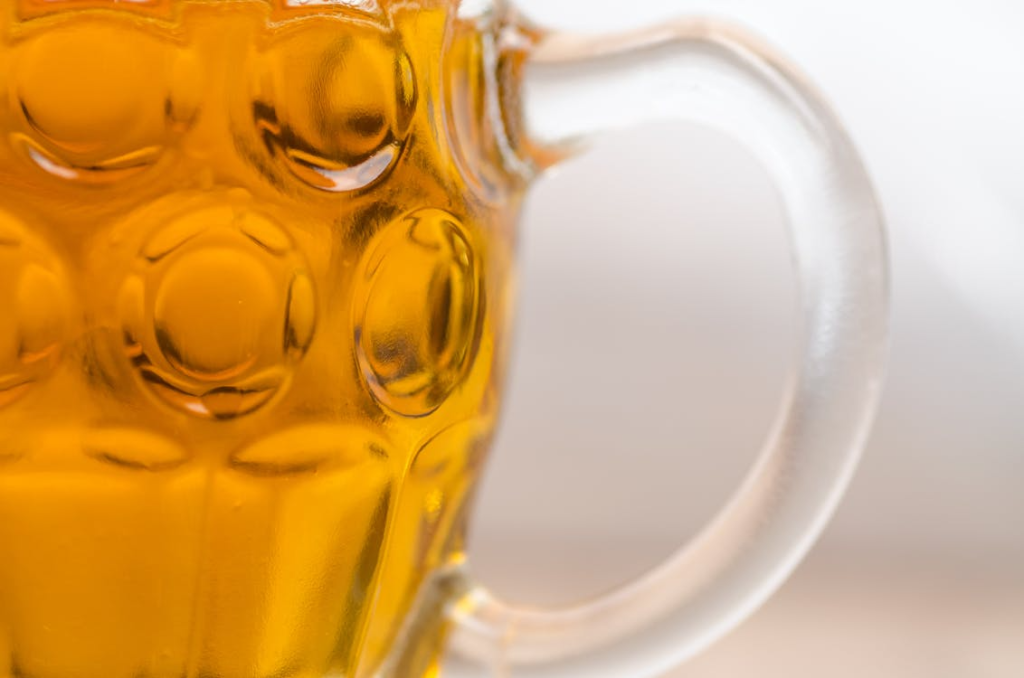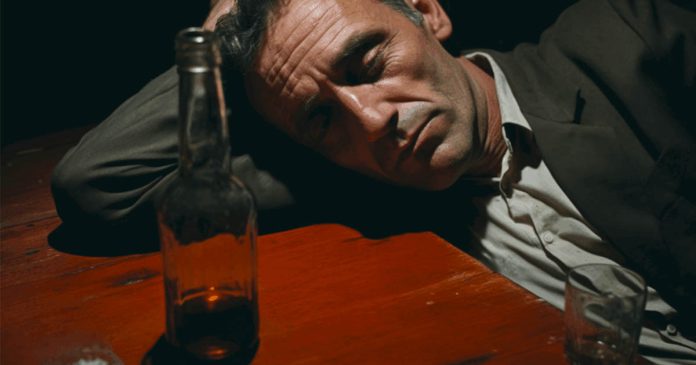Fewer hangovers, clearer skin and better sleep are all the benefits one would expect when quitting alcohol. However, depending on how deep down the bottle you went, quitting alcohol after prolonged heavy drinking may lead to withdrawal symptoms. This happens because alcohol is a central nervous system depressant. Your nervous system adapts by working harder to keep your body functioning.
When you suddenly stop drinking, your nervous system becomes overstimulated. This overactivity causes the physical and mental symptoms of alcohol withdrawal syndrome. The effects of quitting alcohol begins to affect your mood, relationships and affect sleep. This typically affects individuals with alcohol use disorder (AUD). Approximately 50% of all people with alcohol use disorder experience withdrawal when they stop or reduce drinking.
The Brain’s Response to Quitting Alcohol

In individuals with AUD, the brain and central nervous system become physically dependent on alcohol due to long-term abuse. To counteract alcohol’s constant sedative effect, your brain increases its own stimulating chemical signals. This creates a new, altered state of balance. When you quit alcohol, the sedative effect is no longer there, but the brain’s overactivity still remains. This imbalance and overstimulation is what triggers withdrawal symptoms.
The result is an overactive nervous system that can lead to tremors, anxiety, insomnia, and nausea. In severe cases, this overactivity can progress to life-threatening complications like seizures and delirium tremens. Untreated or poorly managed withdrawal can be fatal. For this reason, seeking professional help when you decide to quit alcohol is important.
Mild to Moderate Withdrawal Symptoms

Most people who quit alcohol experience a range of mild to moderate symptoms. Common physical signs include headaches, increased sweating, and shaking tremors. Your heart may beat rapidly, and your blood pressure might increase. These symptoms reflect your nervous system’s rebound hyperactivity.
The Gut Microbiome’s Adjustment to Sobriety

As the alcohol affects each part of the digestive system, you may experience nausea, vomiting or bloating. This occurs because excessive alcohol consumption damages the gut lining and disrupts its delicate microbiome. Gradually, the body adapts to the new alcohol-free environment and digestion shows improvement. Eventually, improvements in metabolism and overall gut health can be viewed.
Hormonal Shifts and R.E.M “Rebound”

As alcohol affects hormone production, mental and emotional symptoms are also very common during this stage. Individuals may experience feelings of anxiety, irritability, or constantly being on edge. As the body recalibrates itself without alcohol, struggling with insomnia, finding it difficult to fall asleep or stay asleep may be experienced. Some may experience mood changes or have trouble thinking clearly. These initial symptoms are uncomfortable but are typically manageable with supportive care and dissipate over time.
The Timeline of Alcohol Withdrawal

The first signs of alcohol withdrawal usually appear within 6 to 12 hours after your last drink. These early symptoms, such as headaches, anxiety, and tremors, are intense. Cravings overwhelm your thoughts when you first quit alcohol. The severity of symptoms tends to increase over the next day or two. Symptoms typically peak between 24 and 72 hours after you quit alcohol. This is when the risk for severe complications is most probable.
After the peak, symptoms generally begin to subside over the next few days. Most acute withdrawal symptoms usually resolve within a week. However, some people experience prolonged symptoms that can last for weeks or even months. These lingering issues can include insomnia, mood swings, and strong cravings for alcohol.
Severe Withdrawal

In some cases, alcohol withdrawal can become severe and dangerous. One of the most serious complications is the development of generalized tonic-clonic seizures. These seizures typically occur between 12 and 48 hours after the last drink. A history of previous withdrawal seizures significantly increases your risk for having them again.
Signs of severe symptoms of alcohol withdrawal include auditory and visual hallucinations, severe confusion or agitation. Following a withdrawal seizure, it is critical to use benzodiazepines, not anticonvulsants, to prevent further seizures. This situation is a medical emergency requiring immediate treatment.
Delirium Tremens: A Life-Threatening Complication

Delirium tremens, or DTs, is the most severe form of alcohol withdrawal. This condition involves sudden and severe changes in your mental state and nervous system. Symptoms include profound confusion, agitation, fever, and severe hallucinations. DTs can also cause dangerous shifts in your heart rate and blood pressure leading to possible heart problems. This is a severe and life threatening complication and requires immediate medical attention.
Your risk for DTs is higher if you have a long history of excessive alcohol consumption. A prior history of withdrawal seizures or DTs also increases your risk. The condition requires treatment in a hospital, often in an intensive care unit (ICU). Continuous monitoring and IV medications are used to manage symptoms and prevent death. About 5% to 10% of people with DTs die from the complication.
Medications and Behavioral Treatments to Manage Withdrawal Symptoms

Healthcare providers use medications to safely manage withdrawal when you quit alcohol. Benzodiazepines are the primary option for treatment of moderate to severe symptoms. Drugs like diazepam and lorazepam help calm the overactive nervous system. They are effective medications to reduce withdrawal discomfort and prevent seizures and delirium. These medications are typically tapered down over 5 to 7 days.
For milder symptoms, doctors might prescribe anticonvulsants like carbamazepine or gabapentin. All patients undergoing withdrawal should also receive thiamine supplements. This is important for preventing Wernicke’s encephalopathy, a serious form of brain damage. Other medications may include anti-nausea drugs or IV fluids for dehydration.
Medications can help you quit alcohol safely, but behavioral treatments are key for long-term recovery. These treatments, also known as alcohol counseling, help you change the behaviors that lead to problematic and excessive drinking. Therapies like Cognitive-Behavioral Therapy (CBT) help you identify your drinking triggers. You learn new coping skills to manage stress and avoid relapse.
Creating a Safe Plan to Quit Alcohol

The best way to prevent alcohol withdrawal is to avoid heavy drinking or seek help early. If you are physically dependent, you should not try to quit alcohol on your own. A planned withdrawal process under medical supervision is the safest approach. Your doctor will conduct a comprehensive assessment to determine the best treatment setting for you. This will depend on your drinking history and overall health.
Disclaimer: This information is not intended to be a substitute for professional medical advice, diagnosis or treatment and is for information only. Always seek the advice of your physician or another qualified health provider with any questions about your medical condition and/or current medication. Do not disregard professional medical advice or delay seeking advice or treatment because of something you have read here.

